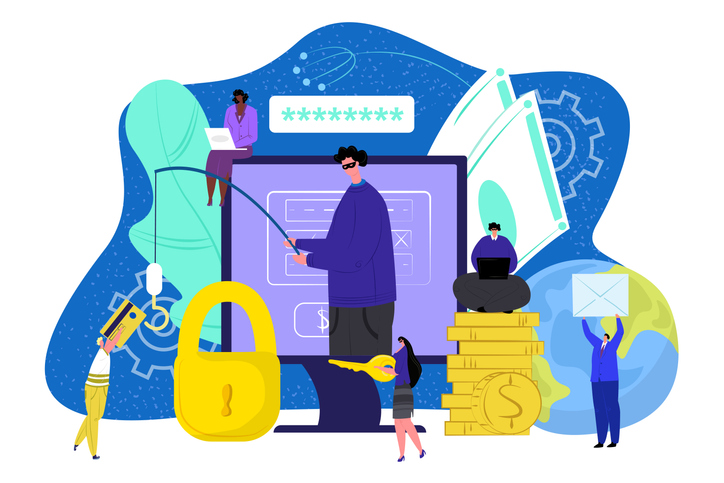According to the Federal Trade Commission (FTC), Arkansas ranked as the eighth-highest state in the country for identity theft in 2020. The FTC reported a total of 1.4 million incidents of identity theft around the nation that year, and the numbers continue to rise.
How Identity Theft Occurs
Identity theft occurs in multiple forms, including credit card fraud, account takeovers, hacking, ransomware attacks, and phishing. The personal identity information that these criminals are looking for can include things like your name and address, Social Security number, date of birth, credit card and bank account numbers, passwords, birth certificates, and phone numbers.
The most common methods criminals use to steal your personal information are hacking, stealing mail, requesting info via email, stealing account numbers, and stealing your wallet or purse.
Identity thieves may drain your bank and investment accounts, open new credit lines, get utility service, steal your tax refund, use your insurance information to get medical treatments, and more. And once your identity is stolen, it can take a lot of time, paperwork, and possible legal fees to get these breaches mended and your financial life back in order.
How to Protect Yourself
Here are some tips below to help you prevent identity theft:
- Create secure passwords for each account. Don’t use words or numbers related to your personal identity, such as your initials, birthday, ZIP code, apartment or street number, digits from your Social Security number, or similar bits of information. The FBI suggests using complex passwords that are at least 15 characters in length.
- Taxpayer identity theft occurs when thieves use a stolen Social Security number to file a tax return and steal your tax refund or tax credit. You may be unable to e-file your tax return because someone else has already criminally filed under that Social Security number. Filing early can help you avoid this possibility.
- Shred documents containing personal information before throwing them out. Dumpster diving is alive and well, so play it safe. Instead of keeping drawers full of bank statements, expired or current credit cards, confidential papers, and health or other documents, discard all but the most recent copies, and keep them secure in a small safe.
- Freeze your credit files with Equifax, Experian, Innovis, TransUnion, and the National Consumer Telecommunications and Utilities Exchange for free. This prevents someone from applying for and getting approval for a credit account or utility services in your name.
- Don’t carry your Social Security card in your purse or wallet.
- Collect your mail daily. Robbing your mailbox is an easy way for criminals to steal bank or credit card statements, utility bills, health care or tax forms, and more. Be sure to put your mail on hold while you’re away.
- Make sure you regularly review credit card and bank statements to make sure the card or bank account does not show charges you didn’t make. Making small charges could slip through the cracks without you or the financial institution noticing. Based on FTC’s Consumer Sentinel Network statistics, credit card fraud is the most common type of identity theft.
Protect Your Assets with Farm Bureau Insurance
After your personal information is protected, make sure your assets are protected by properly insuring them. Schedule an insurance review with a Farm Bureau insurance agent to see that your coverage meets your needs. Get started by finding a local agent using our Agent Finder.

